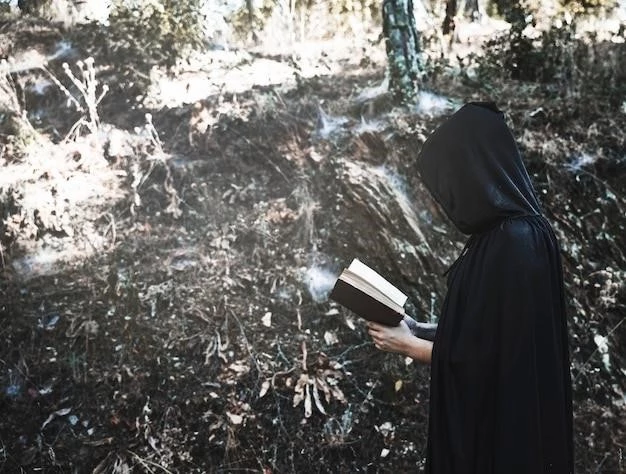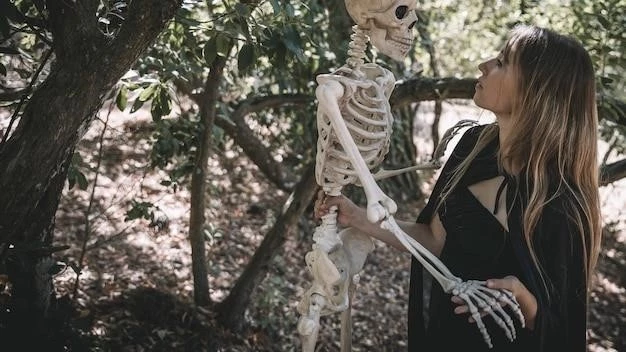Ghost hunting, or paranormal investigation, is the practice of investigating locations that are reportedly haunted by ghosts․ It often involves using various electronic devices and techniques to try to capture evidence of paranormal activity․ While the existence of ghosts has not been scientifically proven, many people find ghost hunting to be a thrilling and intriguing hobby․
However, it’s essential to approach ghost hunting with respect and responsibility․ This article outlines ethical guidelines and considerations for anyone interested in exploring the realm of paranormal investigation․

Respect for the Living and the Deceased
Whether you believe in ghosts or not, it’s crucial to treat all locations and potential entities with respect․ This includes:
- Permission and Private Property: Always obtain permission before entering any property, especially private residences or cemeteries․ Trespassing is illegal and disrespectful․
- Sensitivity to History and Culture: Be mindful that some locations may hold historical or cultural significance․ Avoid disturbing artifacts, memorials, or sacred grounds․
- Respectful Communication: If you attempt to communicate with spirits, do so respectfully and avoid provoking or antagonizing them․ Remember, you are a guest in their space․

Safety First
Ghost hunting can be physically and emotionally demanding․ Prioritize safety with these measures:
- Teamwork: Never investigate alone․ Always work in a group for safety and support․
- Inform Someone: Let a trusted individual know your location and expected return time before embarking on an investigation․
- Equipment Safety: Familiarize yourself with all equipment and use it responsibly․ Be aware of potential hazards, such as tripping hazards in the dark․
- Personal Well-being: Know your limits․ If you feel scared, uncomfortable, or unwell, it’s okay to step back or leave the investigation․
Ethical Investigation Practices
Maintaining ethical standards is crucial for credible paranormal investigation:
- Evidence Integrity: Never fabricate evidence or manipulate findings․ Present your data objectively and transparently․
- Open-Mindedness: Be open to both natural and paranormal explanations․ Don’t jump to conclusions; investigate thoroughly․
- Skepticism and Critical Thinking: Apply critical thinking skills to all evidence and experiences․ Question assumptions and seek logical explanations․
- Continuous Learning: Stay informed about paranormal investigation techniques, equipment, and ethical considerations․ The field is constantly evolving․
Environmental Responsibility
Minimize your impact on the environment when ghost hunting:
- Leave No Trace: Pack out all trash and belongings․ Leave the location as you found it․
- Noise Pollution: Be mindful of noise levels, especially in residential areas or late at night․
- Wildlife: Respect wildlife and their habitats․ Avoid disturbing animals or leaving food or trash that could attract them․
Legal Considerations
Be aware of and comply with all applicable laws, including:
- Trespassing: Obtain permission before entering private property․ Respect “No Trespassing” signs․
- Cemetery Regulations: Adhere to cemetery rules and regulations, which often restrict nighttime access or activities․
- Local Ordinances: Be aware of local noise ordinances and curfews, especially when investigating at night․
Conclusion
Ghost hunting can be a fascinating and respectful way to explore the unknown․ By adhering to ethical guidelines, prioritizing safety, and acting responsibly, paranormal investigators can contribute to a greater understanding of the paranormal while preserving the integrity of historical sites and respecting the beliefs of others․
Remember, ghost hunting is about more than just seeking thrills or evidence․ It’s about approaching the unknown with curiosity, respect, and a commitment to ethical practices․










